RFID Barcode Labels: Traps and Insights – More Than Just Sticker
113Discover why RFID barcode labels fail in warehouses and factories, common label types, and how to choose the right one for your project.
MoreAll RFID Product
When you start looking for an rfid label supplier, you’ll quickly notice the market is full of promises like “high precision” or “covering all industries.” But when it comes down to actually solving problems with RFID labels, these slogans don’t get you very far. Choosing the right supplier is really about matching your application scenario, customization needs, and long-term scalability.
RFID is no longer just the “anti-theft tag” you see in clothing stores. Today, it has become a must-have in many industries:
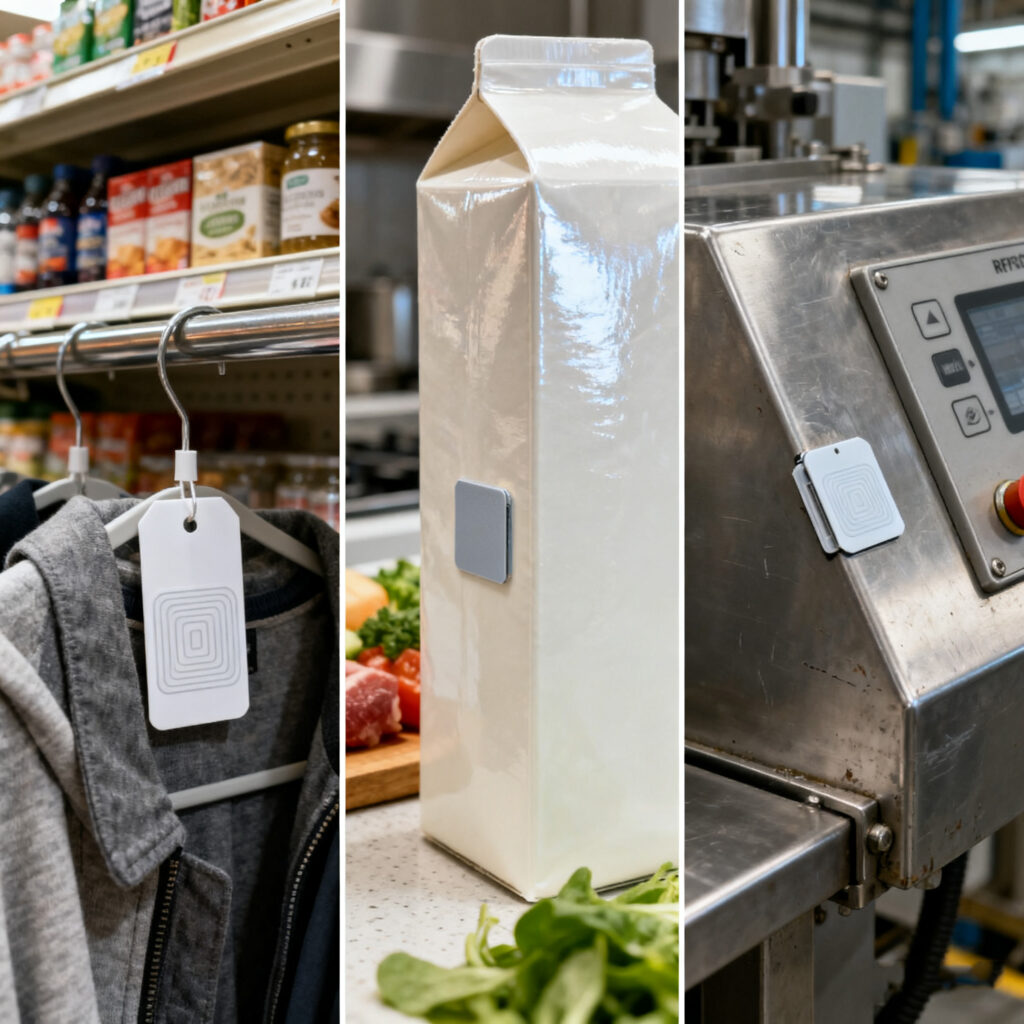
All of this shows that RFID labels are not one-size-fits-all. Whether a supplier can provide the right-fit solution matters far more than how many tags they can produce.
If you read into RFID label discussions, “customization” always comes up. And I completely agree—because in practice:
From my own experience, when discussing customization, don’t just focus on price. Be clear about your must-have specs and your nice-to-have specs—otherwise, you risk buying a batch of labels that doesn’t actually work in your environment.
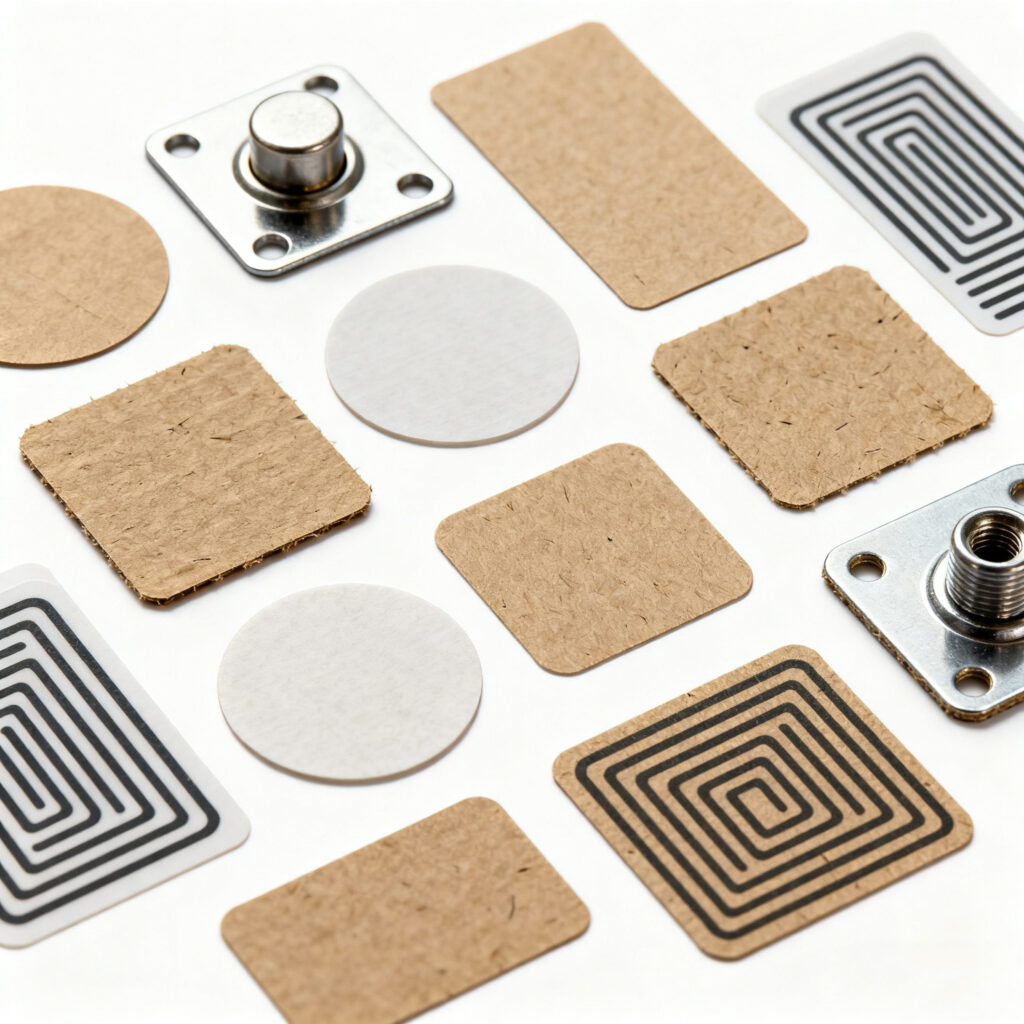
RFID is booming, but the road isn’t without bumps:
Looking ahead, an rfid label supplier won’t just be a tag vendor. They’ll act more like a solution provider, covering everything from tag design and data management to eco-friendly material choices.
I once worked with a food manufacturer that only wanted the cheapest labels for packaging. But when they tested them in cold storage, the read rate was a disaster. Eventually, they switched to low-temperature resistant labels recommended by the supplier. The cost went up slightly, but inventory accuracy improved dramatically.
So my advice? Don’t just squeeze suppliers on price. Listen to their technical input—sometimes it saves you a whole lot of trouble down the line.
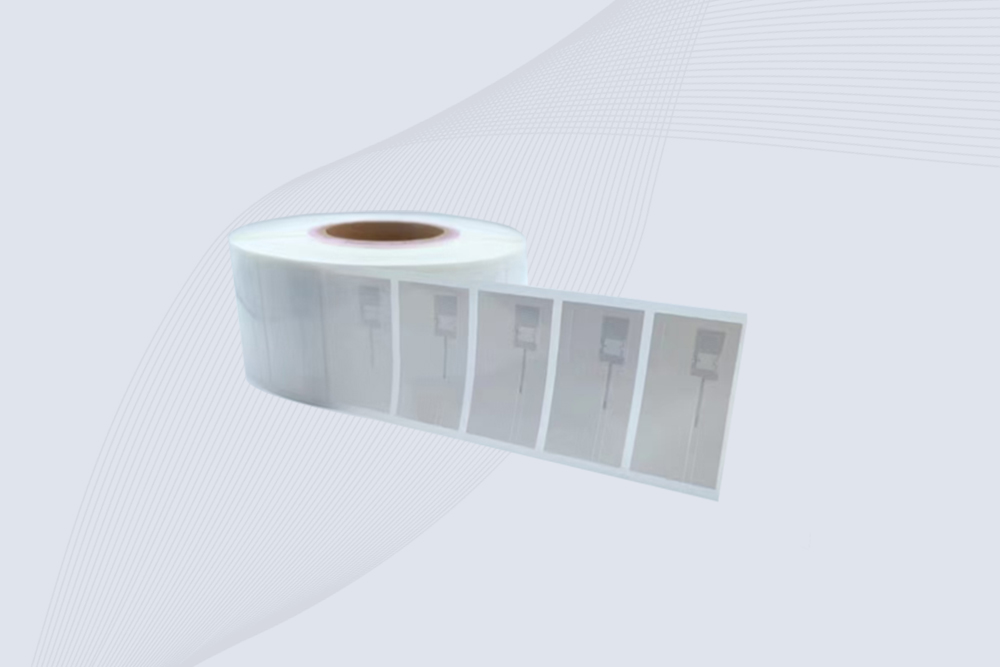
Cykeo CK-BQ6826 Jewelry uhf rfid tag features NXP UCODE 9, 8m read range on metal, and anti-counterfeit security for luxury assets.
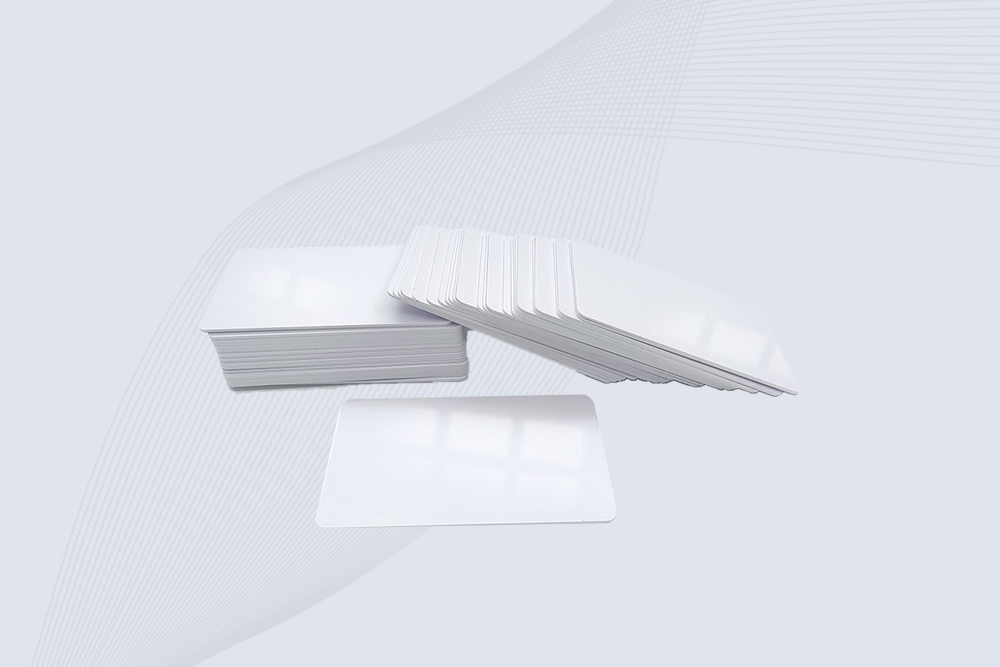
Cykeo CK-BQ8554HF HF rfid cards feature FM1108 chip, 100K write cycles, and customizable printing for access control systems.
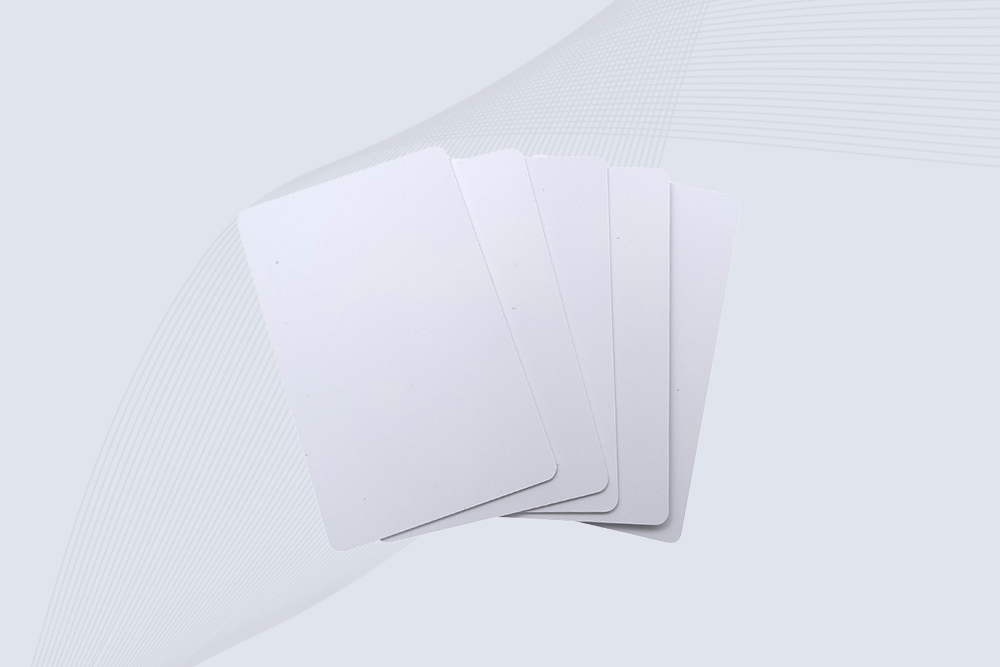
Cykeo CK-BQ8554UHF uhf rfid card features U9 chip, 100K write cycles, and CR80 size for access control/inventory management.
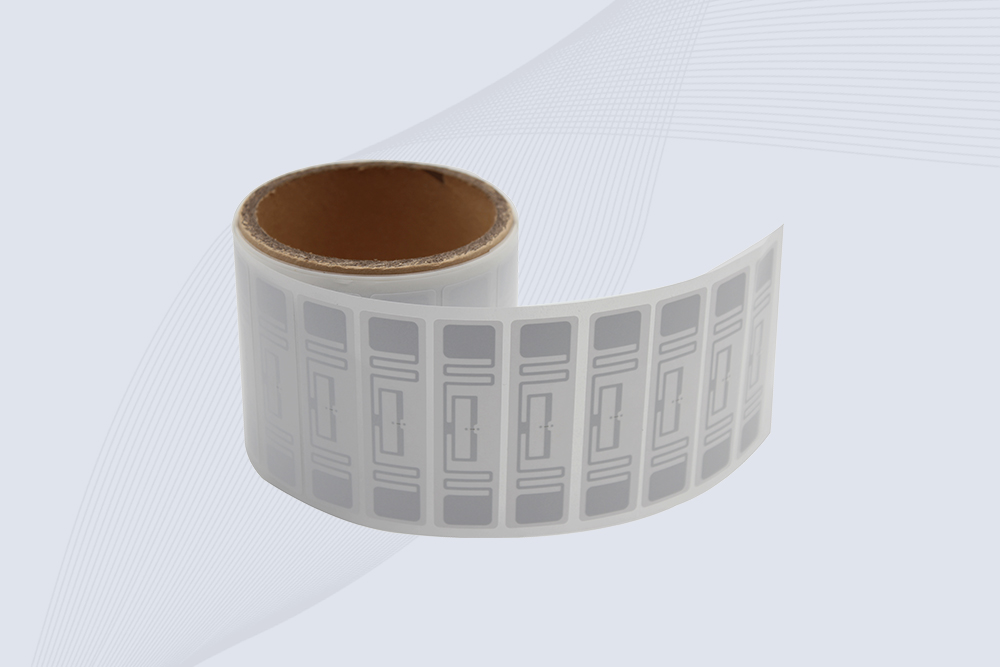
Cykeo CK-BQ7320 UHF RFID asset tag features aluminum-etched antenna, 10-year data retention, and -40°C to +85°C operation for industrial tracking. ISO/IEC 18000-6C compliant with 128-bit EPC memory.
Discover why RFID barcode labels fail in warehouses and factories, common label types, and how to choose the right one for your project.
MoreStruggling with RFID reader connectivity in your factory? Learn proven troubleshooting steps to resolve interference, hardware faults, and software conflicts with Cykeo’s expert tips.
Morein-depth look at how RFID transforms library management systems—from self-checkout and collection tracking to security and data analytics. Backed by real-world cases and hands-on experience, this article reveals how the technology is reshaping th...
MoreDiscover the top software tools to program RFID tags, including encoding, data management, and integration solutions. Learn how Cykeo simplifies RFID development.
More